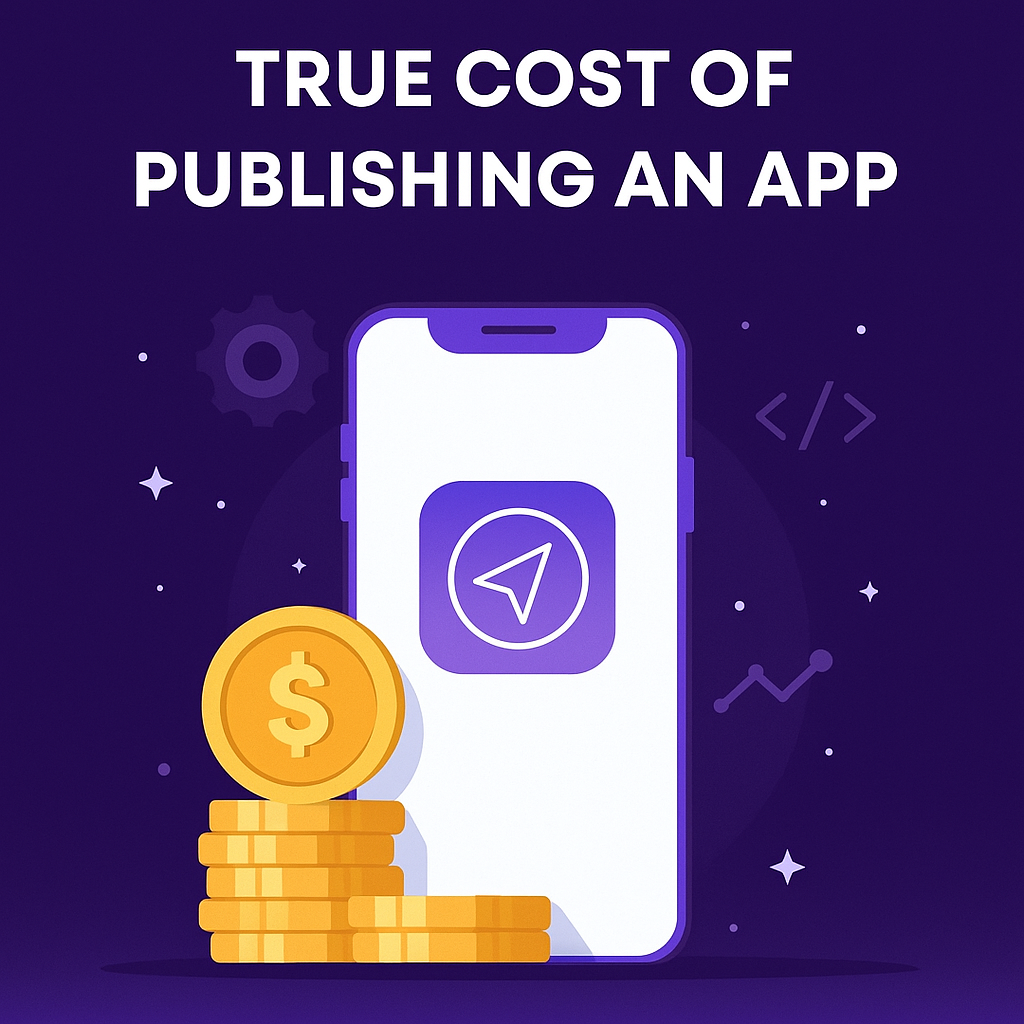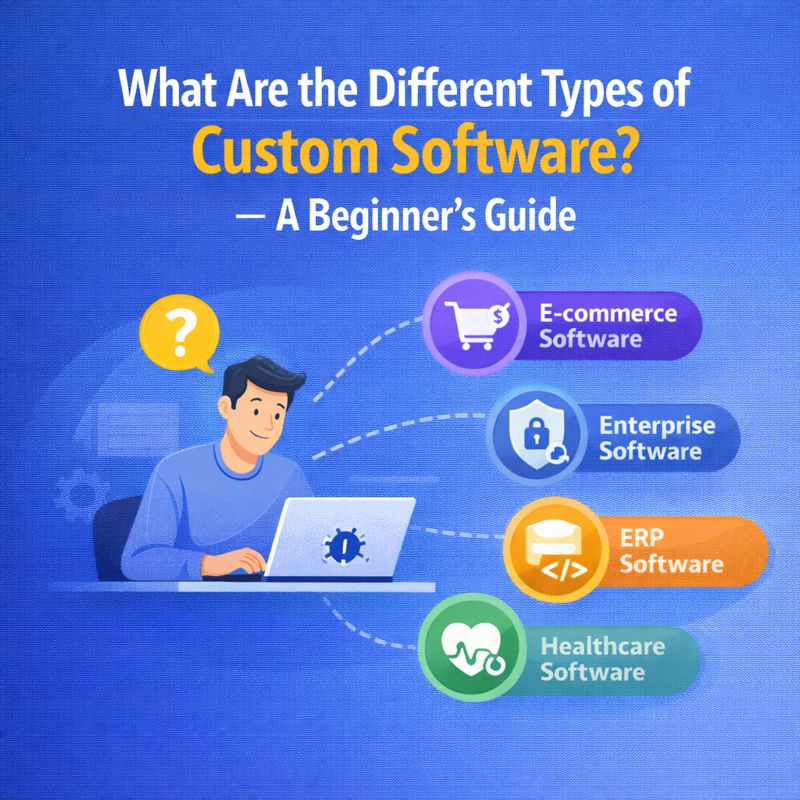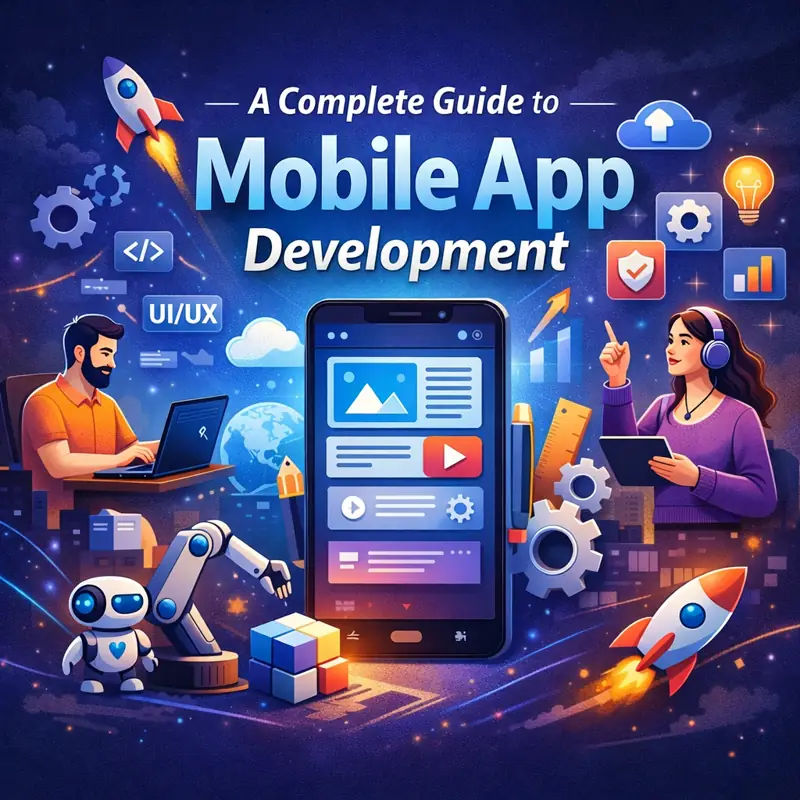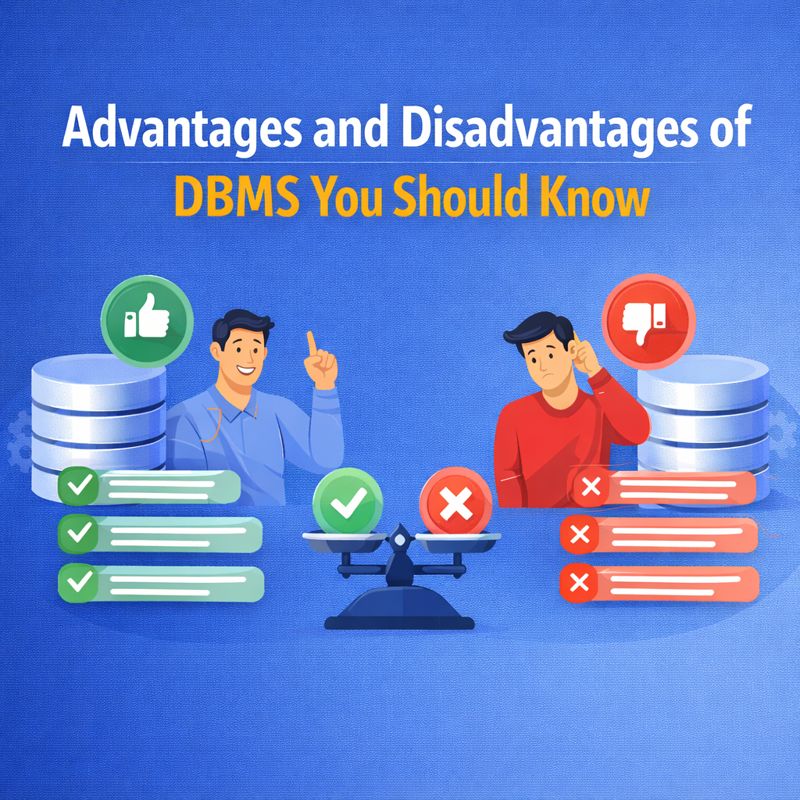Think developing your app is the final step? Think again. Many app developers underestimate the true cost of publishing an app only to be surprised by the platform fees that follow. Whether you are launching on the Google Play Store, Apple App Store or Microsoft Store, mobile app publishing costs extend beyond development and design. From annual app store fees to revenue sharing policies, these charges can significantly impact your overall budget and app monetization strategy. Let’s break down the different app platform fees, highlight how each store structures its charges and explain what these costs mean for your long term business strategy.
Why Platform Fees Matter in App Development
To reach worldwide users, every app must go through mandatory store fees. Platforms like the Apple Developer Program, Google Play Console and Amazon Appstore all require developers to pay publishing fees. While these costs may seem minor compared to development, overlooking them can disrupt budgets. Beyond registration, there are ongoing expenses for updates, renewals and compliance. These mobile app publishing fees also influence strategy, from choosing between paid apps, ad supported models or freemium within app purchases. Understanding app submission and publishing costs upfront helps developers avoid surprises and ensure long-term sustainability.
App Publishing Costs on Major Platforms
Different platforms impose different costs, making it essential to understand the details before launch.
- Apple App Store: To publish on iOS, developers must enroll in the Apple Developer Program, which costs $99 annually. In Apple app store fees, it takes a commission of 15–30% on in-app purchases and subscriptions, depending on revenue and program eligibility.
- Google Play Store: The Google Play Console requires Android developers to pay a one-time $25 registration cost before they can publish apps. Like Apple, Google applies a 15–30% commission of Google Play Store fees in-app purchases and subscriptions.
- Microsoft Store: Individuals can publish apps for free, while companies pay $19 to $99 as Microsoft store fees depending on account type. Revenue shares are generally more favorable than Apple or Google, giving developers flexibility.
- Amazon Appstore: Developers face a standard 30% commission on in-app purchases and paid apps, similar to Apple’s structure.
Hidden & Additional App Publishing Costs
Developers sometimes underestimate the hidden app costs associated with apps, even if commission and registration fees are the most evident. It’s important to account for recurring expenses like yearly renewal fees, especially on the Apple App Store. Updating an app, fixing errors, and resubmitting it can also become costly, particularly if expert help is required or if the platform charges extra for submissions. Beyond platform fees, developers often invest in App Store Optimization (ASO) and other marketing efforts to increase visibility and boost downloads. Integration with third parties is the other ongoing expense source. Subscript-based services strain backend management services like Firebase, analytics platforms like Mixpanel or Google Analytics and push notification services. These expenses can eventually equal or even exceed the initial price of publishing. Keeping your software on multiple platforms also raises costs because each store has distinct policies and requirements for app submissions. Don’t underestimate the amount of money you will spend after deducting these app maintenance fees, analytics subscriptions and promotional plans.
How App Platform Fees Impact Your Business Model
Publishing fees go beyond one time expenses, they directly shape the monetization model of your app. The app revenue share and in app purchase fees charged by platforms like Apple and Google significantly affect profit margins. For example, a freemium app that relies heavily on microtransactions may lose up to 30% of its revenue to commissions. Some platforms offer relief programs. For instance, Apple’s Small Business Program lowers commission rates to 15% for developers earning under $1 million annually, while Google also applies reduced fees on the first $1 million in revenue. Similarly, Google applies reduced fees for the first $1 million in revenue. While these programs ease pressure for small businesses, developers must still plan around the ongoing costs of subscriptions, ads or premium pricing. Choosing the right business model whether a one time paid app, ad supported free app or freemium subscription depends largely on understanding how subscription model costs and platform commissions will affect your overall revenue. With careful strategy, developers can maximize returns despite these unavoidable fees.
Tips to Minimize App Publishing Costs
The good news is that developers can take practical steps to reduce app publishing costs and optimize long term returns. First, consider cross platform development frameworks to create one codebase that works across iOS, Android and Windows, saving time and money. Then, explore alternative app stores like Huawei App Gallery or Samsung Galaxy Store, which often charge lower fees and provide promotional incentives. Minimizing frequent resubmissions also helps. By thoroughly testing your app before launch, you can avoid repeated rejection fees or costs associated with updates. For smaller businesses, leveraging programs like the fee reductions of Apple ensures better app fee savings. Another cost saving strategy is building Progressive Web Apps (PWAs), which bypass traditional app stores while still delivering an app-like experience through browsers. Finally, smart use of open source tools for backend services and analytics can lower your operational expenses significantly. Together, these strategies allow developers to launch and sustain apps with more cost control.
Conclusion
Understanding the true cost of publishing an app is vital for avoiding financial surprises and ensuring long-term profitability. From registration charges to app store fees, commission rates and hidden operational costs, every detail affects your bottom line. Working with experts ensures a strategic and cost effective app launch. At Emedia Infosoft, the leading app development company in Gwalior, we combine world-class development expertise with comprehensive app publishing services. Our team of professional app developers guides you through every step of the app store submission process, helping you maximize ROI while minimizing hidden expenses.



